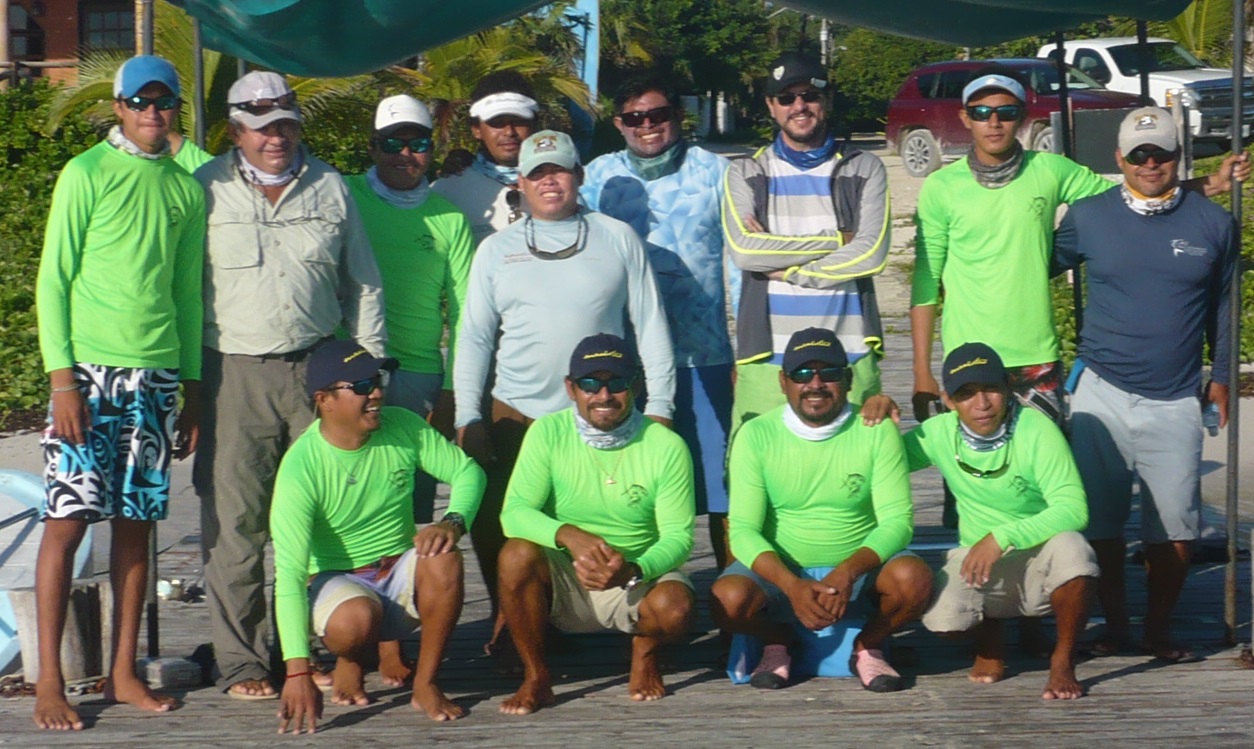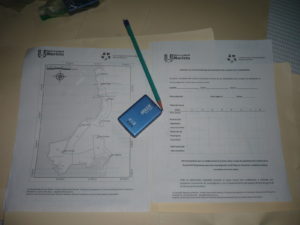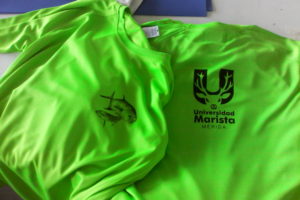
15 Feb Promoting sustainable recreational fishing
Recreational fishing on the shallow waters of the coastal areas is an important economic activity for many coastal communities throughout Mexican territory. Most regulations in Mexico focus primarily on offshore boat fishing. However, regulations for inshore recreational fishing in Mexico are insufficient. This is the case of many fishers from Punta Allen, who alternate their livelihood between the commercial fishing of lobster (season from July to February) and the guide services of fly fishing (January to June).
Punta Allen is a small town (around 500 inhabitants) located in the Ascension Bay, Quintana Roo state, Mexico. For many years, lobster fishery was the main productive activity in this town, but in the last 20 years, recreational fishing became the second activity in the local economy. Recreational fishing regulations state that only catch and release is allowed. To promote the development of fish stocks and healthy ecosystems, the community decided (in the 1990s) to completely ban commercial fin fishery. The most important species are: the permit (Trachinotus falcatus), bonefish (Albula vulpes), snook (Centropomus undecimales) and tarpon (Megalops atlanticus).
 One of the objectives of the CCRN project in this locality is to foster sustainable management practices. To achieve this, the project organized several meetings and workshops with the leaders of recreational fishing guides. One of the results of these workshops was an agreed methodology to evaluate the most important stock for the anglers: the permit. On October 4, 2016, with the voluntary and enthusiastic participation of 12 of the best fishing guides, the project facilitated the realization of the first visual census of permit in Ascension Bay. In addition to the stock size, this methodology will allow us to know the spatial distribution of the population and to have a proxy of the fishing effort applied. We hope that these results can be the basis for continuing the censuses for the next years, and thus have indicators of the status of the fish stock and the ecosystem.
One of the objectives of the CCRN project in this locality is to foster sustainable management practices. To achieve this, the project organized several meetings and workshops with the leaders of recreational fishing guides. One of the results of these workshops was an agreed methodology to evaluate the most important stock for the anglers: the permit. On October 4, 2016, with the voluntary and enthusiastic participation of 12 of the best fishing guides, the project facilitated the realization of the first visual census of permit in Ascension Bay. In addition to the stock size, this methodology will allow us to know the spatial distribution of the population and to have a proxy of the fishing effort applied. We hope that these results can be the basis for continuing the censuses for the next years, and thus have indicators of the status of the fish stock and the ecosystem.
To contribute to sustainability, the project assesses the internal organization of the local population. In order to ensure equity among the fly fishing guides, the villagers founded three cooperatives to establish alliances with private companies. Despite few private external firms acquired licenses to provide fly-fishing guiding services, most licenses belong to the local cooperatives, which has empowered them in the alliances to co-manage the activity. The private companies contact anglers and offer them all-inclusive packages per day and/or week including ground transportation, accommodation, meals and fishing guides. Local guides provide their own boats, which are well equipped and take the anglers to the fishing grounds. The cooperatives are essential to achieve fair competition by agreements to distribute the number of hired boats per day among all fishing lodges, and set fishing schedules.
 The next objective of the project for this year is to estimate the economic value of the recreational fishing in Ascension Bay and the social economic benefit of this activity for the community of Punt Allen. The community hopes that these results will provide evidence to request setting a cap on the number of boats, considered close to maximum, and to establish the basis for a recreational fishing management plan.
The next objective of the project for this year is to estimate the economic value of the recreational fishing in Ascension Bay and the social economic benefit of this activity for the community of Punt Allen. The community hopes that these results will provide evidence to request setting a cap on the number of boats, considered close to maximum, and to establish the basis for a recreational fishing management plan.
By: Leopoldo Palomo and Alvaro Hernandez


